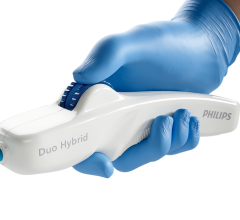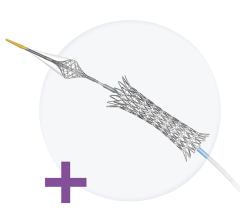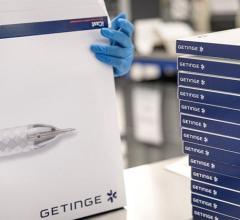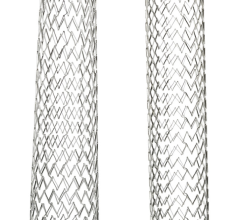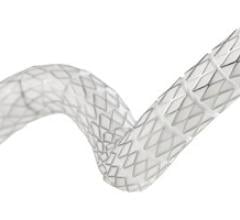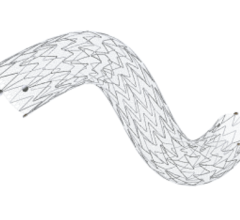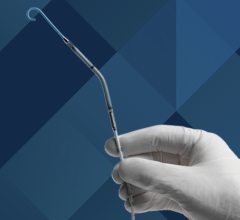October 17, 2008 - Boston Scientific Corp. announced results at TCT from an analysis of the HORIZONS-AMI trial showing a 41 percent reduction in revascularization in patients with TAXUS Express Paclitaxel-eluting coronary stents as opposed to those with non-drug-eluting Express stents.
The HORIZONS-AMI trial, sponsored by the Cardiovascular Research Foundation (CRF) with research grant support from Boston Scientific and The Medicines Company, is designed to determine the safety and efficacy of the TAXUS Express2 System compared to bare-metal stenting in patients experiencing an acute myocardial infarction (AMI), commonly referred to as a heart attack. With 3,006 patients enrolled globally, the HORIZONS-AMI trial will provide the medical community with critical data from one of the largest randomized clinical trials ever performed in patients with heart attacks. Analysis of the data was presented at CRF’s 20th annual Transcatheter Cardiovascular Therapeutics (TCT) scientific symposium in Washington, D.C.
“In the HORIZONS-AMI trial, the outcomes provide definitive evidence that, in patients with AMI, drug-eluting stents were superior in efficacy to bare-metal stents and had a comparable safety profile at one year,” said Gregg W. Stone, M.D., CRF chairman, professor of medicine and the director of research and education at the Center for Interventional Vascular Therapy at New York Presbyterian-Hospital/Columbia University Medical Center, and principal investigator of the HORIZONS AMI trial.
“Outcomes from prior registry studies of drug-eluting stents compared to bare-metal stents in AMI patients have been conflicting; this is the first prospective, large, international randomized clinical trial and provides conclusive evidence on this subject,” Dr. Stone said. “The findings from the HORIZONS-AMI trial will have a major impact on how decisions are made regarding drug-eluting and bare-metal stents in the highest risk patients in this trial, those in the early hours of a heart attack. This study removes much of the uncertainty and concern about the efficacy and safety of drug-eluting stents in this clinical setting. Moreover, all of the patients in this trial will be followed for five years to ensure that these favorable results are maintained.”
One-year results showed comparable overall safety outcomes (death, stroke, myocardial infarction or stent thrombosis) between the two treatment groups (8 percent for the Express bare-metal stent versus 8.1 percent for the TAXUS Express Stent).
For more information: www.bostonscientific.com


 November 24, 2025
November 24, 2025 


